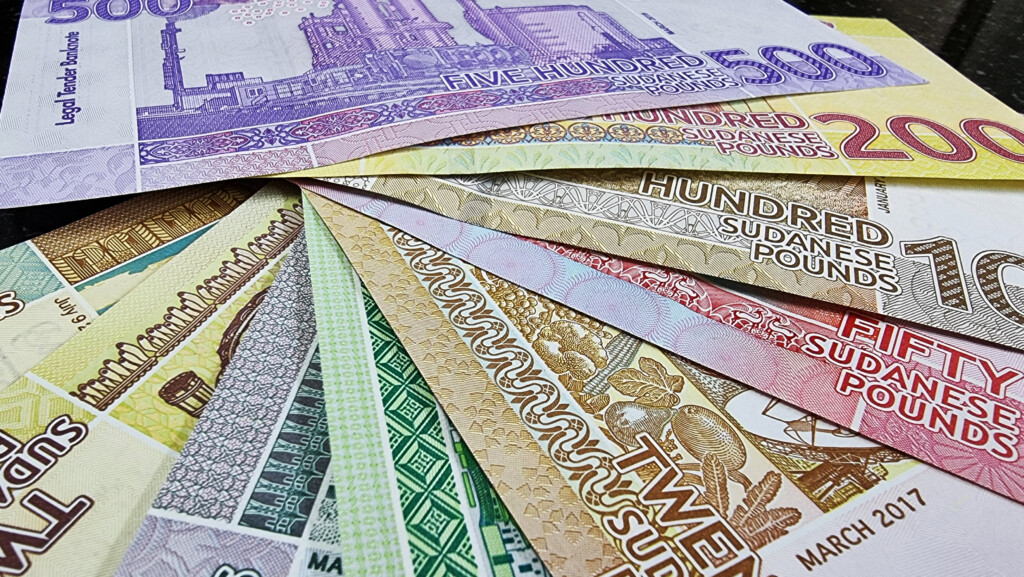Economist: New leaked Sudan budget could ‘lead to collapse’

Sudanese Pounds (Photo: RD)
KHARTOUM –
Economic analyst Kamal Karrar said that the 2023 budget, which has not yet been approved, includes a significant increase in military and security spending and a significant decrease in the budgets for education, health, development, and services.
The leaked budget items confirm an increase in revenue estimates to SDG 6.7 trillion, an increase of 140 per cent, and spending to SDG 8 trillion. SDG 667 billion has been allocated to rebel movements which signed the Juba Peace Agreement with the Sudanese government in October 2020.
In an interview with Radio Dabanga last week, he predicted that the new budget “will most probably lead to the collapse of the country.”
“The budget for this year will be funded by the pockets of ordinary Sudanese people by increasing taxes and prices.” He warned of great deterioration in the economic conditions, referring to the ongoing strikes being organised by teachers, university lecturers, students, researchers, bus drivers, meteorological workers, tax bureau employees, and various other sectors.
On December 30, the Ministry of Finance and Economic Planning deposited the draft budget for 2023 on the table of the Council of Ministers, in preparation for its discussion at the level of the specialised committees and sectors of the Council, before submitting it for approval by the Council.
The absence of a government since October 2021, in addition to the lack of government units which can add numbers to the budget, has delayed approval of the budget, according to Karrar.
In December, Economist Mohamed El Nayir also criticised the delay in the 2023 budget approval. He told Radio Dabanga that the absence of support from the international community in terms of loans and grants is creating challenges for the budget. Therefore, the state should search for new additional resources that do not affect the life of the people, he said.
The Communist Party of Sudan criticised “the allocation of huge sums for the sovereignty and defence sectors in the 2023 budget” in a statement on Sunday.
The party said that “the putschists continue to plunder the country’s resources through suspicious agreements with foreigners, for example, the Wadi El Hawad agricultural project in River Nile state, the Port Sudan-Edri railway project [from Red Sea state to the border with Chad], the Abu Amama port in Red Sea state, along with increased land sales which deplete national sovereignty.”
The statement condemned foreign interference in Sudanese affairs “which aims to consolidate the interests of global imperialism and its regional allies.”
Professor Esam Abdelwahab Bob does not believe the inflation figures, because they “aren’t grounded in authentic statistical surveys and given the stormy political climate they may not be true”. He explained to Sudan Tribune in October that inflation was traditionally known to be the diminishing ability of a unit of currency to buy goods and services, but that it may occur while the economy is still growing.
However, these days and globally there is increasing talk of stagflation, which is inflation coupled with low growth rates, high unemployment, depressed wages, and a growing deficit in the balance of payments.











 and then
and then